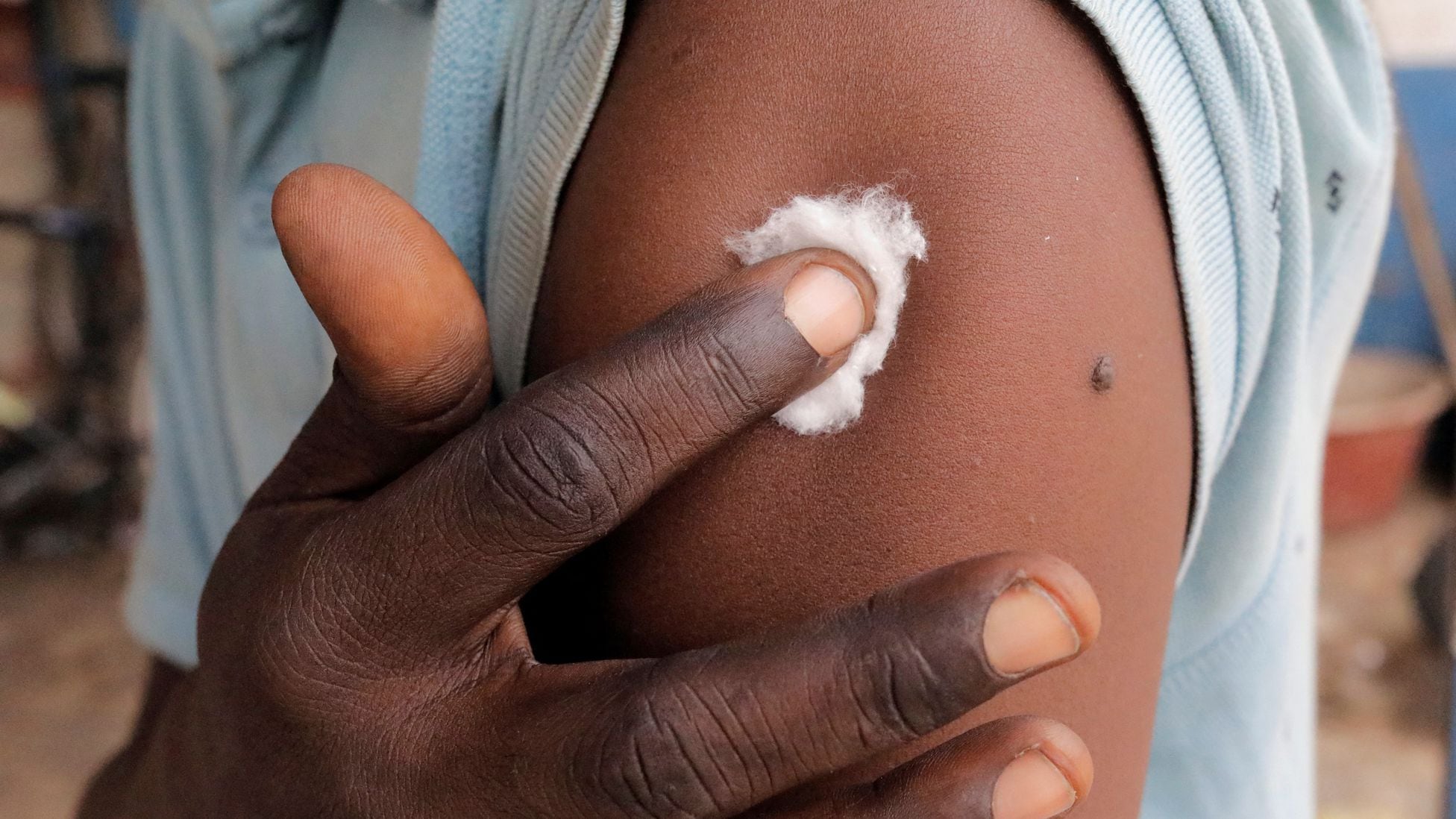
A clinical trial to evaluate the antiviral drug, Tecovirimat, also known as TPOXX, for adults and children with monkeypox has begun in the Democratic Republic of the Congo (DRC).
The trial is set to evaluate the drug’s safety and its ability to mitigate monkeypox symptoms and prevent serious outcomes, including death.
TPOXX, made by the pharmaceutical company SIGA Technologies, Inc. (New York), impedes the spread of virus in the body by preventing virus particles from exiting human cells. The drug targets a protein that is found on both the virus that causes smallpox and the monkeypox virus.
In a recent press statement released by the United States National Institutes of Health sited by pharmanewsonline, the National Institute of Allergy and Infectious Diseases Director (NIAID), Anthony S. Fauci, M.D. “Monkeypox has caused a high burden of disease and death in children and adults in the Democratic Republic of the Congo, and improved treatment options are urgently needed. This clinical trial will yield critical information about the safety and efficacy of Tecovirimat for monkeypox. I want to thank our DRC scientific partners as well as the Congolese people for their continued collaboration in advancing this important clinical research”.
The trial will enroll up to 450 adults and children with laboratory-confirmed monkeypox infection who weigh at least 3 kilograms (kg). Pregnant women are also eligible to enroll. The volunteer participants will be assigned at random to receive either oral Tecovirimat or placebo capsules twice daily for 14 days, with the dose administered dependent on the participant’s weight. The trial is double-blinded, so participants and investigators do not know who will receive Tecovirimat or placebo.
All participants will stay at a hospital for at least 14 days where they will receive supportive care. Study clinicians will regularly monitor participants’ clinical status throughout the study, and participants will be asked to provide blood, throat swab, and skin lesion swab samples for laboratory evaluations.
The study is primarily designed to compare the average time to healed skin lesions among those receiving tecovirimat versus those receiving placebo. Investigators will also gather data on multiple secondary objectives, including comparisons of how quickly participants test negative for monkeypox virus in the blood, overall severity and duration of disease, and mortality between groups.
Participants will be discharged from the hospital once all lesions have scabbed over or flaked off, and after they test negative for monkeypox virus in the blood for two days in a row. They will be followed for at least 28 days and will be asked to return for an optional study visit after 58 days for additional clinical and laboratory tests. An independent Data and Safety Monitoring Board will monitor participant safety throughout the duration of the study.
The trial is led by co-principal investigators Jean-Jacques Muyembe-Tamfum, M.D., Ph.D., director-general of Institut National de Recherche Biomédicale (INRB) and professor of microbiology at Kinshasa University Medical School in Gombe, Kinshasa; and Placide Mbala, M.D., Ph.D., operations manager of the PALM project and head of the Epidemiology Department and the Pathogen Genomic Laboratory at INRB.
“I am happy that monkeypox is no longer a neglected disease and that soon, thanks to this study, we will be able to prove that there is an effective treatment for this disease,” said Dr. Muyembe-Tamfum.










